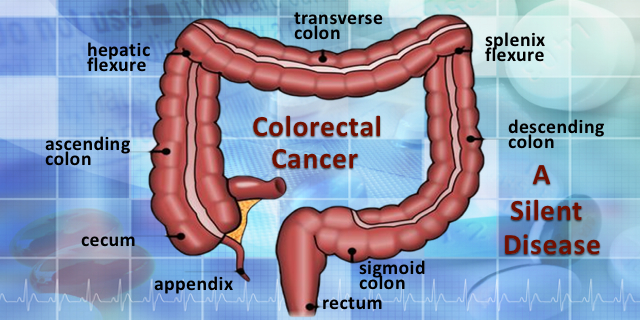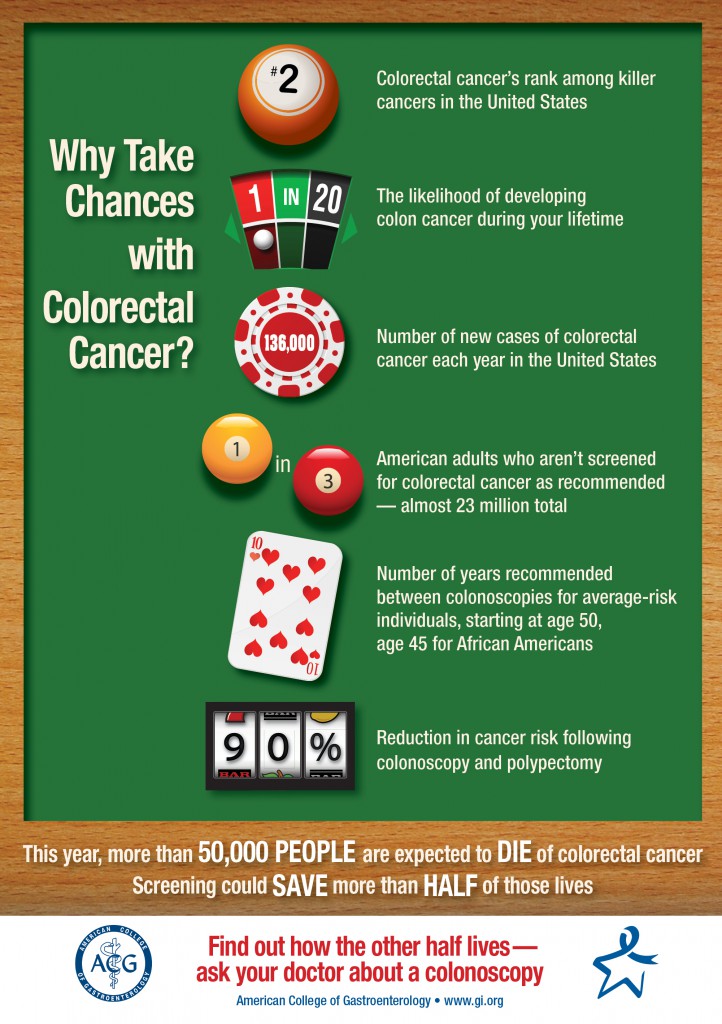Colorectal Cancer Awareness
“It is a silent disease,” Teri Griege relates. “There is the embarrassment factor. Somebody’s got to talk about this,” she says. “Somebody has to have the guts to stand up and say, ‘I had bleeding.’”
 Since 2009, Teri has courageously told her story of being diagnosed with Stage IV colorectal cancer while continuing to compete as an endurance athlete. In 2011, at age 50, she completed the world championship Ironman Triathlon in Hawaii. Even with chemotherapy treatments every two weeks, Teri completed this IronMan in 14 hours, 50 minutes and 32 seconds—an amazing feat. In February of 2014, she completed the Tokyo Marathon, thus finishing all six of the World Marathon Majors: Tokyo, Boston, London, Berlin, Chicago and New York.
Since 2009, Teri has courageously told her story of being diagnosed with Stage IV colorectal cancer while continuing to compete as an endurance athlete. In 2011, at age 50, she completed the world championship Ironman Triathlon in Hawaii. Even with chemotherapy treatments every two weeks, Teri completed this IronMan in 14 hours, 50 minutes and 32 seconds—an amazing feat. In February of 2014, she completed the Tokyo Marathon, thus finishing all six of the World Marathon Majors: Tokyo, Boston, London, Berlin, Chicago and New York.
Teri has written a book called Powered By Hope Anything is Possible. She is a speaker and activist, saving lives by telling her story.
Lynch Syndrome Awareness
In junior high, Danielle Ripley-Burgess saw blood on the toilet paper after going to the bathroom. “The blood in my stool…sadly, became something normal,” she remembers.
At age 17, she was diagnosed with stage III colorectal cancer.
Danielle has Lynch Syndrome.  Lynch Syndrome is a mutation that makes you more susceptible to colon, stomach, liver, urinary tract, small bowel and brain cancer. If you are a woman, you have an increased risk of gynecological cancers (ovarian, endometrial). The Lynch Syndrome mutation is common: one in 440 people in the U.S. carry this mutation, yet it is under-diagnosed.
Lynch Syndrome is a mutation that makes you more susceptible to colon, stomach, liver, urinary tract, small bowel and brain cancer. If you are a woman, you have an increased risk of gynecological cancers (ovarian, endometrial). The Lynch Syndrome mutation is common: one in 440 people in the U.S. carry this mutation, yet it is under-diagnosed.
Danielle is married and has adopted a little girl. She is actively involved in educating the public about colorectal cancer as the Director of Communication at Fight Colorectal Cancer. She blogs at Semicolon Stories and has numerous articles in the Huffington Post.
March is Colorectal Cancer Awareness Month
Over the last few years, we have featured both Teri and Danielle to raise awareness of colorectal cancer.
Colorectal Cancer Symptoms
Symptoms of colorectal cancer include what physicians call a “change in bowel habits.” What does this mean?
This euphemism means having diarrhea, or constipation, feeling that your bowel isn’t emptying completely, having stool that is narrow, experiencing an increase in gas pain, bloating, cramps and fullness. Other warning signs for colorectal cancer include:
• Blood in your stool
• Change in the amount of time between evacuating, more frequent
• A gradual decrease in the size of the stool
• Unexplained weight loss
• Feeling tired or more tired than normal
Why Take Chances?
The American College of Gastroenterology has created this infographic to encourage colonoscopies.
Screening Works
Colorectal cancer is one of the few cancers that can actually be caught through screening. In fact, precancerous polyps (polyps that can turn into cancer) can be removed during colonoscopy.
If you have any of the symptoms, go see your doctor. If you are over 50 and haven’t had a colonoscopy, do yourself a favor and schedule one today.







